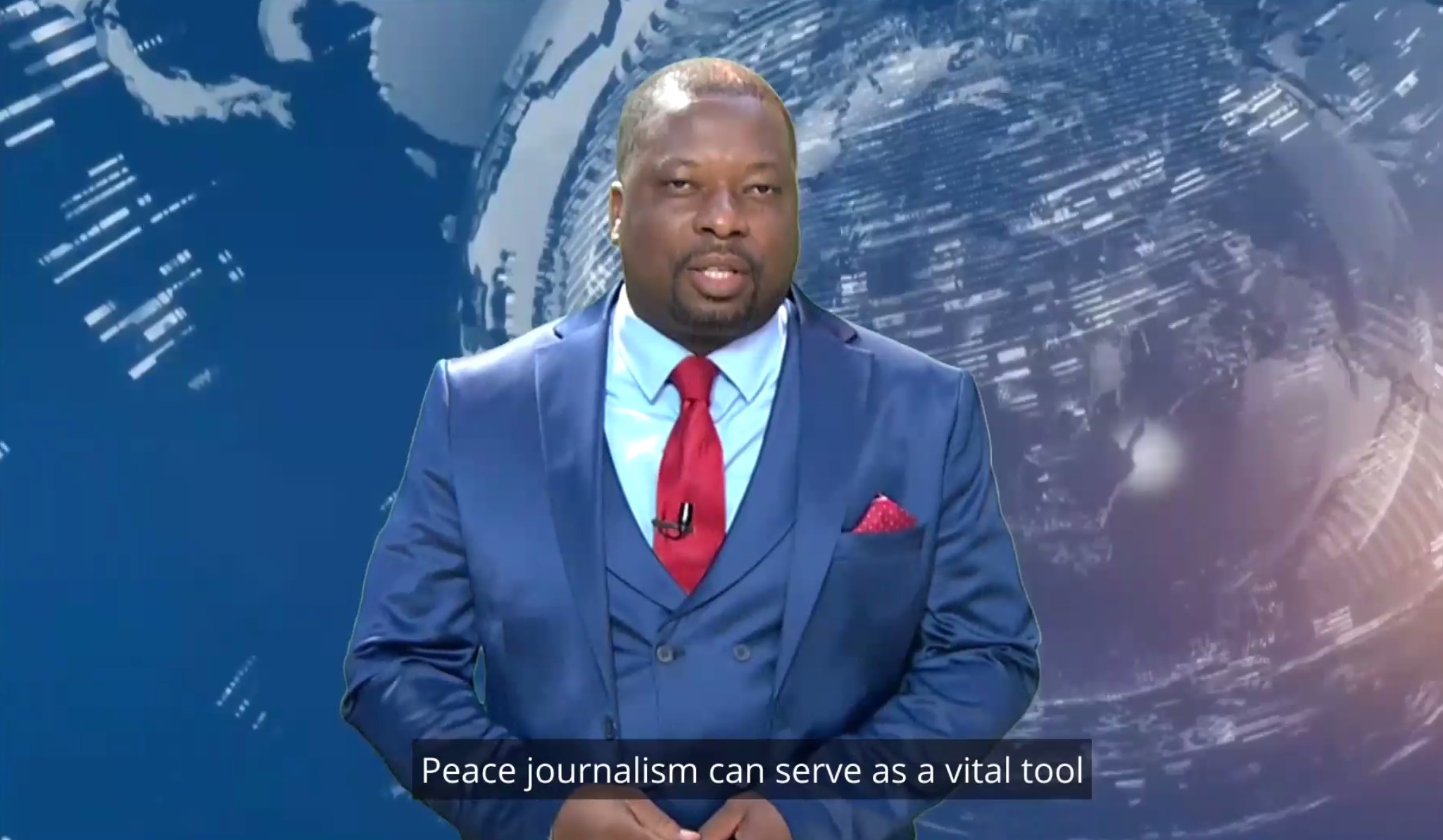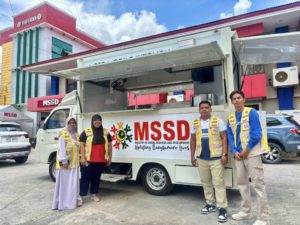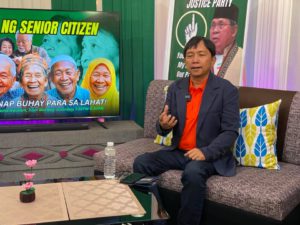
HWPL Workshop Highlights Ethics and Global Cooperation in Peace Journalism in the Digital Age

COTABATO CITY (April 26, 2025) — The international peace NGO Heavenly Culture, World Peace, Restoration of Light (HWPL), hosted the International Workshop on Peace Journalism Studies, held on April 17, 2025, gathered journalists, scholars, and peace practitioners to discuss how peace journalism can effectively address global challenges, such as misinformation and conflict, in an era of rapid digital transformation and attracted approximately 200 participants from 50 countries.
The workshop was centered around the theme “Transforming Conflict through AI and Cultural Understanding.” A significant focus was the growing influence of artificial intelligence (AI) on journalism. Participants discussed how journalists can responsibly integrate new technologies while maintaining core values such as accuracy, fairness, and empathy.
The event also featured discussions on the recent publication, Peace Journalism Studies (2024). This journal highlights the potential of peace journalism to foster reconciliation and cross-cultural understanding, especially in conflict-affected regions. Case studies within the journal demonstrate how constructive reporting can bridge divides and support long-term peacebuilding.
In a congratulatory message, Mr. Berry Lwando, Director General of the Zambia National Broadcasting Corporation, remarked, “In today’s fast-paced media landscape, what we choose to highlight matters. Peace journalism isn’t about ignoring conflict; it’s about framing it in ways that invite dialogue, not division. That’s a responsibility we carry.”
In his article, Mr. Garfield Burford, Director of News, Sports, and Current Affairs at ABS TV Radio in Antigua and Barbuda, emphasized the importance of evidence-based reporting to counter misinformation. While acknowledging that AI can enhance the efficiency of journalism, he cautioned that it also raises concerns about accuracy and trust. He stressed that ethical judgment and human empathy are essential in the work of a journalist.
Dr. Musa Damao, Executive Director of the Bangsamoro Dialogue for Peace and Justice, Inc., from the Philippines, highlighted how peace journalism supports the Bangsamoro peace process. He advocated for the integration of peace education into school curricula and emphasized how morally grounded journalism can contribute to lasting peace and development.
Mr. Josef Mühlbauer, CEO of the Varna Institute for Peace Research in Austria, explored how open dialogue and debate can challenge harmful narratives. He referenced the “Varna Peace Institute” podcast as a platform for uncovering the root causes of conflict and promoting understanding through open discussions.
The workshop aligned with HWPL’s broader peace initiatives, particularly the Declaration of Peace and Cessation of War (DPCW). Article 10 of the DPCW, “Spreading a Culture of Peace,” emphasizes the media’s role in promoting harmony through responsible communication. HWPL continues to advocate for journalism that contributes to a more peaceful and inclusive society.
The event concluded with a call for stronger collaboration among journalists, academics, and peacebuilders, reaffirming a shared commitment to ethical and thoughtful journalism in a rapidly evolving media environment. (BMN/BangsamoroToday with report from HWPL)

